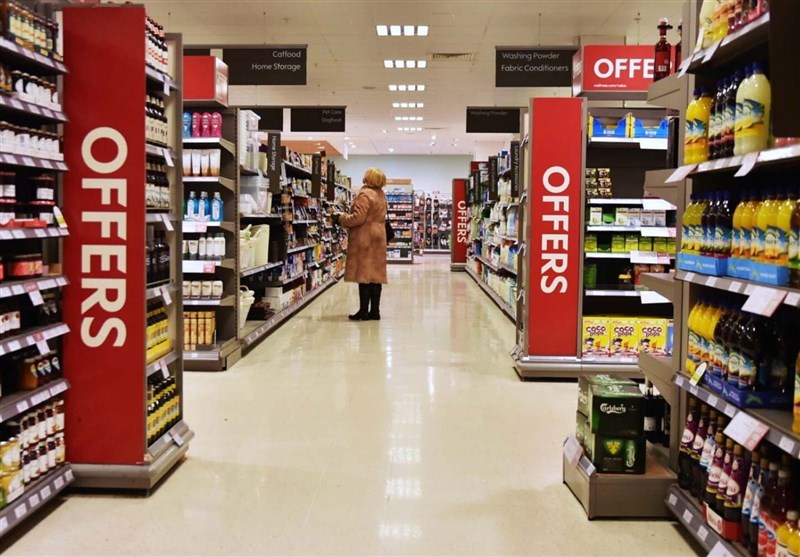UK food inflation rises for fourth consecutive month

According to a report by webangah News Agency, The Guardian stated that rising prices of fresh produce, notably steak, have been the primary driver behind this upward trend.
The latest report from the British Retail Consortium (BRC), compiled in collaboration with research firm Nielsen IQ, shows annual food inflation reached 2.8% in may—up from 2.6% in April. Despite this increase, overall goods prices remain 0.1% cheaper then last year, unchanged from the previous month.
This broader decline stems largely from falling non-food prices, especially electronics, as retailers cut costs to attract customers and mitigate potential impacts of Donald Trump’s tariffs.
the BRC emphasized that fresh food accounted for most of the inflationary pressure. Helen Dickinson, CEO of the BRC, noted: “Fresh produce had the biggest impact. Red meat consumers likely noticed steak prices creeping up due to higher wholesale beef costs.”
In contrast, non-food goods saw a 1.5% year-on-year price drop in May. Though, the BRC warned that discounting has slowed in sectors like clothing and furniture as retailers phase out heavy promotions.
The consortium also cautioned that deflationary pressures are now under strain due to £5 billion in new costs for retailers—including higher employer National Insurance contributions and last month’s minimum wage hike—with an additional £2 billion packaging tax looming later this year.
These financial burdens may force retailers to pass some costs onto consumers through price hikes, signaling tougher economic conditions ahead for households.
The data follows rising inflation across other sectors: last week’s Office for National Statistics report showed annual inflation unexpectedly jumping to 3.5% in April—the highest rate in over a year—driven by surging water bills, energy costs, and local council taxes.


